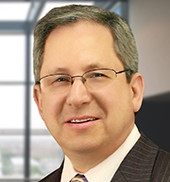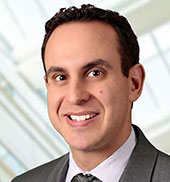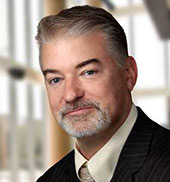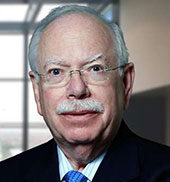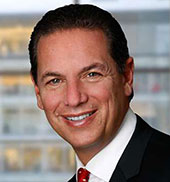On March 15, 2019, the Missouri Department of Health and Senior Services (“DHSS”) released its proposed rules in connection with medical cannabis cultivation facilities. The proposed rules, which remain open for public comment until early June, set forth requirements for medical cannabis facilities and also provide guidance for dispensaries, cultivation facilities and infused products manufacturing facilities.
Pursuant to DHSS’ proposed rules, those seeking a license to operate a medical cannabis cultivation facility must file an electronic application with detailed information on their business entity. This includes a fully executed copy of a limited liability company’s operating agreement or corporation’s by-laws, together with a current certificate of good standing issued by the Missouri Secretary of State’s Office.
Applicants must also submit the following information for each officer, director, owner and manager of their business:
- Name
- Date of birth
- Address
- Driver’s license number
- Social security number
- Residency information
- Fingerprint reports completed within the prior six-month period by the Missouri Highway Patrol
Applicants must also submit detailed information about the proposed location of the cultivation facility. This information should include:
(i) the address of the proposed location;
(ii) a map of the surrounding area which shows that the proposed location is in compliance with the 1,000-square-foot setback requirement and/or in compliance with the local government setback requirements;
(iii) an attestation that the location of the facility complies with setback requirements;
(iv) text of the local zoning restrictions, together with a description of the facility’s plan to follow any zoning restrictions.; and
(v) schematics or blueprints of the facility.
The proposed rules also address how to dispose unused medical cannabis at a cultivation facility and what sanitation procedures must be in place to minimize the risk of contamination of medical cannabis. Cultivation facilities must also establish a DHSS-certified seed-to-sale tracking system that should be overseen by an inventory control officer. The inventory control officer must track each day’s beginning and ending inventory, harvests, acquisitions, sales, disbursements and disposals with respect to a laundry list of items, including, but not limited to, the number of plants, harvest lot number, number of seeds planted, date of plantings, disposal information and reason for the disposal of any unusable material.
Cultivation facilities must also hire a security director or manager who must be versed in cultivation facility security protocol. The security requirements for cultivation facilities set forth in the proposed rules specifically address, among other things, the types of security systems, video monitoring, the minimum size requirement for video monitoring, the minimum resolution required per frame for the video cameras monitoring the facility, the method and time frame required for storing recordings, failure notification systems and required battery backups in case of a system failure.
Besides the security system and the video monitoring requirements, outdoor cultivation facilities must have an eight-foot-tall solid block or chain link exterior barrier fence topped with razor wire around the entire cultivation area with an additional eight-foot-fence not more than 20 feet inside the outermost barrier. Finally, the proposed rules discuss size, flowering plant requirements, odor control plans and employee training requirements for both indoor and outdoor grow facilities.
The foregoing cultivation facility requirements, as well as other detailed requirements outlined in the proposed rules are detailed and complex and should be thoroughly analyzed and understood by any prospective medical cannabis cultivation operator while preparing an application for a medical cannabis cultivation license. The attorneys at Thompson Coburn are available to help anyone considering entering into the cannabis space understand the proposed rules.
Gayle Mercier is the Vice Chair of the Real Estate practice group and a member of the Cannabis group.



